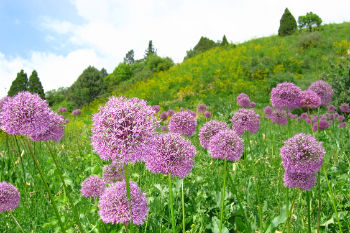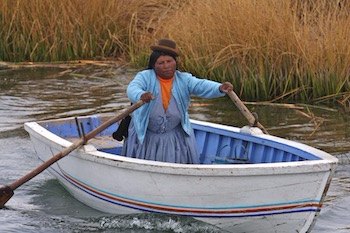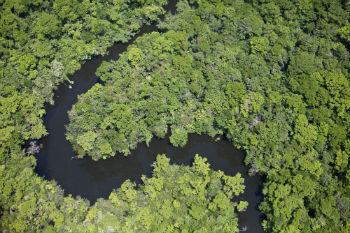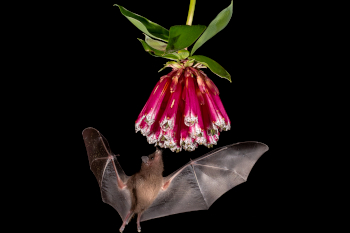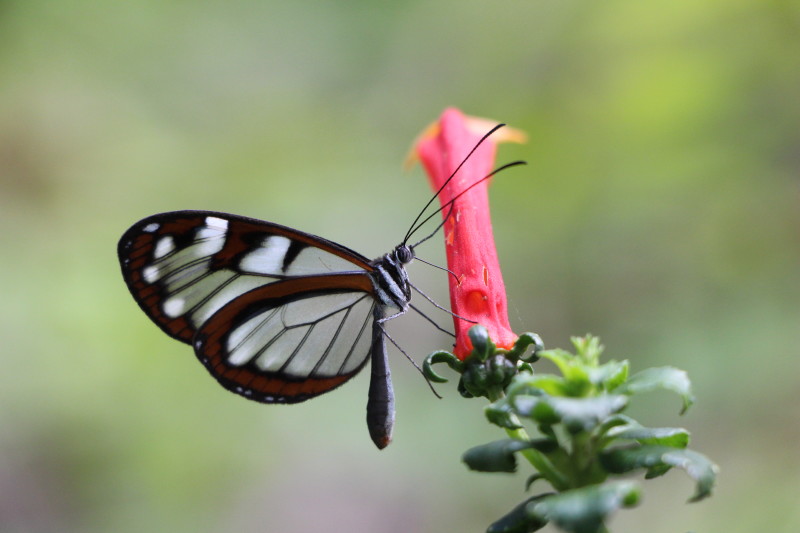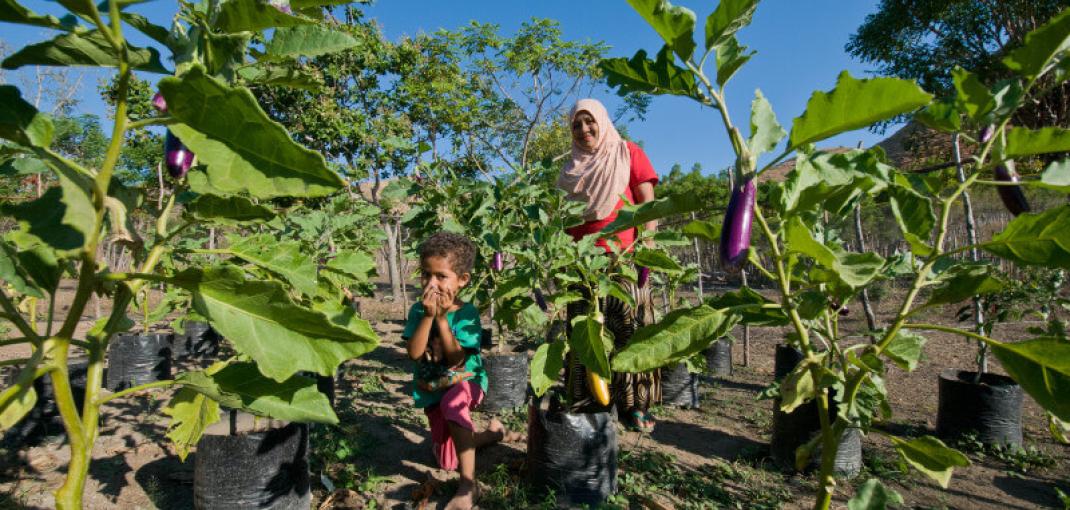What is the Convention on Biological Diversity?
The U.N. Convention on Biological Diversity (CBD) is an international treaty—signed by 196 parties—supporting the conservation of the variety of life on Earth.
It was signed at the Earth Summit in Rio de Janeiro, Brazil, in 1992, making it the first global agreement to cover all aspects of biological diversity: its conservation, sustainable use of its components, and the fair and equitable sharing of benefits arising from the use of genetic resources.
Why is this important? Because biodiversity is crucial for sustainable development and human well-being. At least 40 percent of the world’s economy and 80 percent of the needs of the poor are derived from biological resources. Fresh water, food, raw materials, medicines, climate regulation—all are underpinned by biological diversity.
CEPF works with the signatories of the CBD, nongovernmental organizations and communities in the world’s biodiversity hotspots to establish long-term, locally led conservation initiatives that guide sustainable use and equitable sharing of the benefits of biodiversity.
The parties to the convention have an enormous challenge ahead of them to achieve the targets of the Kunming-Montreal Global Biodiversity Framework that the parties agreed to at the CBD's December 2022 conference of parties. The Global Biodiversity Framework has 23 action-oriented global targets for urgent action over the decade to 2030. These targets will help countries move toward the four long-term goals for 2050:
- Protect and restore.
- Prosper with nature.
- Share benefits fairly.
- Invest and collaborate.
How CEPF's Grantees are helping
To date, CEPF has supported more than 2,700 civil society grantee partners in more than 112 countries and territories for projects that not only implement CEPF’s conservation strategies, but also are already making significant contributions to the Global Biodiversity Framework targets. Our annual Impact Report provides data on contributions to the targets. A few examples:
